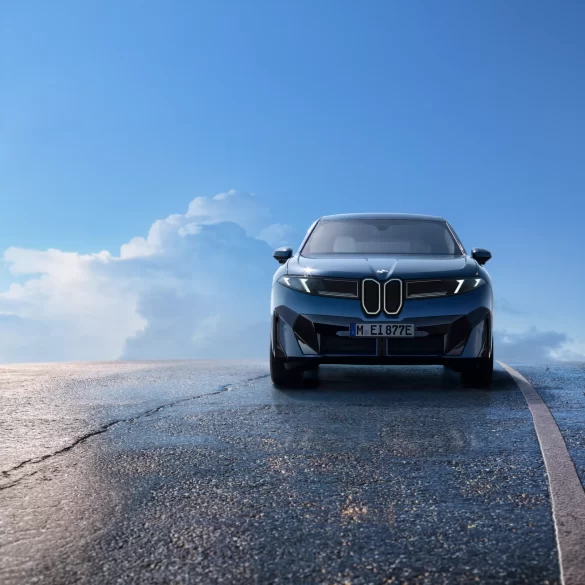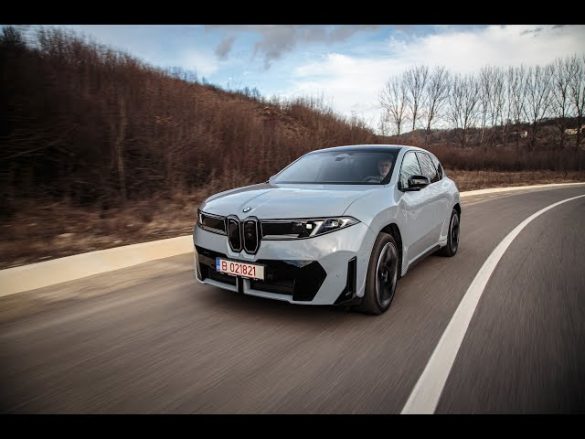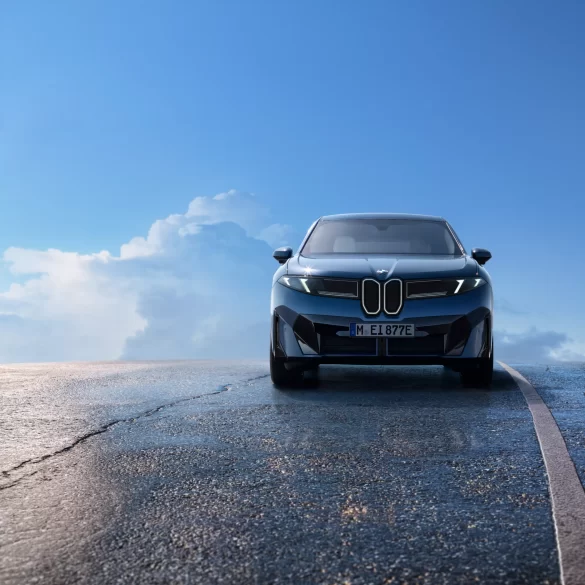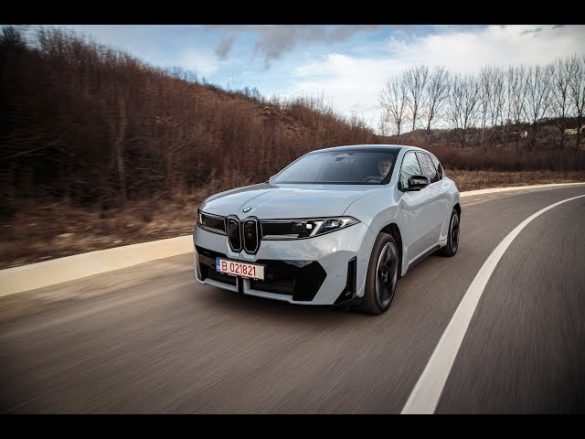Google’s self-driving cars, of that there square measure typically a dozen on the roads of California and Battle Born State at any given time, have currently logged 700,000 miles of amazing accident-free autonomous driving. To celebrate, Google has discharged a brand new video that demonstrates some spectacular computer code enhancements that are remodeled the last 2 years: Most notably, its self-driving cars will currently track many objects at the same time, as well as pedestrians, an indicating bicyclist, a stop sign command by a traffic cop, or traffic cones. you actually ought to watch the video — it’s one amongll|one amongst|one in every of} the good bits of school that I’ve seen in a long term.
While Google’s driverless automotive makes it look straightforward, there’s an enormous quantity of work occurring behind the scenes. Not solely is there around $150,000 of apparatus in every automotive performing arts period of time measuring instrument and 360-degree laptop vision (a complicated and computing-intensive task), however the computer code itself is that the results of years of development. Basically, each single driving scenario which will presumably occur should be painstakingly programmed into the computer code. It isn’t like Google has designed a synthetic intelligence which will find out how to drive a automotive from basic principles — if Google doesn’t tell the automotive what to try to to, it doesn’t do something.
As you’ll imagine, there square measure quite virtually thousands of things which will occur whereas driving around a city. As always, Google’s diary post is brief on precise numbers, however it will say this: “thousands of things on town streets that might have stumped North American country 2 years past will currently be navigated autonomously” — and, back in 2012, the computer code had already with success piloted the cars for three hundred,000 accident-free miles. within the video, {you will|you’ll|you’ll be able to} see that Google’s cars can currently react to railroad crossings, giant stationary objects, roadwork signs and cones, and cyclists. The bicyclist detection is especially spectacular — not solely will it see once a bicyclist is indicating to maneuver left or right, however it even watches out for cyclists returning from behind once creating a right flip.
While lots has been same regarding the expensive measuring instrument hardware employed by Google’s driverless cars, most of the innovations here square measure doubtless supported laptop vision. whereas measuring instrument provides you a awfully sensible plan of the lay of the land and also the position of huge objects like lay cars, it doesn’t facilitate with recognizing speed limits or “construction ahead” signs. measuring instrument would possibly tell you that Associate in Nursing object is passing your blind spot or that there’s Associate in Nursing obstruction before of you, however laptop vision tells you that it’s a bicyclist or a railroad crossing barrier. As we’ve seen antecedently with its Street read and Google Glass efforts, laptop vision is one in all its stronger suits — and it’s currently conveyance its experience in touch in its driverless cars.
Moving forward, Google says it still has several issues to beat before its cars square measure able to locomote from their home city of Mountain read, California. This powerfully suggests that Google’s self-driving automotive computer code is incredibly specifically tuned to an explicit road layout, which it’s obscurity close to prepared for everyday use. It additionally suggests that, within the future, Google’s business model could be manufacturing and merchandising the maps and specialised computer code for every space that a self-driving automotive would possibly visit — you may get California for complimentary, however if you wish to require your self-driving automotive to Las Vegas, you’ll got to purchase the nevada map pack.
In the unit of time, the adoption of technologies like reconciling control (ACC) and lane keep assist (LKA) can bring several almost-self-driving cars to the road over future few years. These technologies have the additional benefit of not requiring a pricey measuring instrument system (the Velodyne measuring instrument employed by Google’s self-driving cars prices upwards of $70,000).







